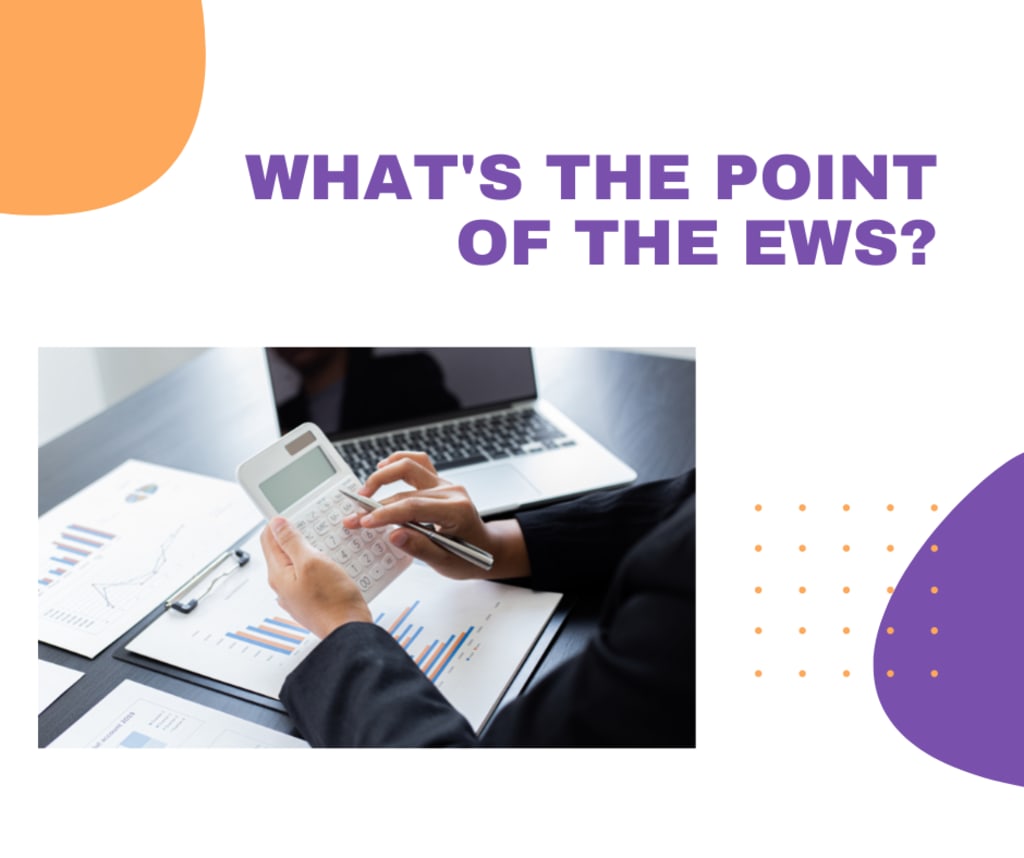
In the recent major verdict of Supreme Court, 10% reservation has been provided for the economically weaker sections (EWS) of the society for jobs and education. So, the question arises who will be eligible to claim reservation in such EWS quota.
The EWS quota provides reservation to the financially weaker people from the general category. People belonging to SC/ST and OBC category are not covered under EWS quota.
Eligibility Criteria for EWS-
The fact that whether a person would come under EWS category would depend on his/her family’s annual income. For a person to come the ambit of EWS quota, his/her gross annual family income should be less than Rs. 8 lakhs. The sources of income here would include earnings from a profession, from agriculture or from a business for the financial year prior to the year of application.
A person needs to have an 'Income and Asset Certificate' as a proof that he belongs to the EWS quota. This certificate needs to be issued only by gazetted officers of the rank of Tehsildar or above. EWS beneficiaries have to renew their certificates every year.
Exclusions of EWS-
A person who or whose family owns or possess any of the following assets shall be excluded from being identified as EWS, irrespective of the family income :-
- 5 acres of agricultural land and above;
- Residential at of 1000 sq ft. and above;
- Residential plot of 100 sq. yards and above in notified municipalities;
- Residential, plot of 200 sq. yards and above in areas other than the notified municipalities.
The property held by a "Family" in different locations or different places/cities would be clubbed while applying the land.
Role of Income Tax Consultant in EWS
An Income Tax Consultant is crucial in helping individuals, and families understand the eligibility criteria for the economically weaker sections (EWS) quota and how it relates to their income tax obligations.
They can assist in determining if a person or family qualifies for the EWS quota by analyzing their income and assets and ensuring that the necessary certificate is obtained from the appropriate government officials.
They can also advise on how the income tax threshold differs from the EWS threshold and how the latter can impact a person or family's financial situation.
By providing expert guidance and support, an Income Tax Consultant can help ensure that the financially weaker sections of society receive the necessary benefits and support to aid their overall growth.
Irony of Income Tax Threshold Vs EWS Threshold
As per the Supreme Court verdict, individual earning a family income below 8 lakhs is considered to be financially weak, but, as per the income tax slab rate an individual is required to pay 5% tax if his income is above 2.5 lakhs up to 5 lakhs.
Let’s take an example, an average Indian Family has 4 individuals with 2 adults and 2 children.
Thus, at maximum 2 individuals can be the earning members of the family. Assuming, that each individual is earning a minimum income of 3 lakhs than each have to individually pay tax @5% whereas the total family income of 6 lakhs would still be lower than the threshold limit for EWS category.
So, if the person is within the EWS bracket, why is he liable to pay taxes?
The basic exemption tax slab is much lower than the threshold limit of EWS of category, which can be in parity with each other so as to give economic benefits to that section of the society.
The purpose of introducing the concept of EWS is to give the financially weaker general category people the benefit of reservation in jobs and education, so as to aid in their overall growth.
But being the poor or financially weaker section of the society, beside reservation benefits which would be fruitful in long run, economic benefits in form of subsidies, scholarships and tax exemption can also be provided in order to lessen the financial burden of that category of people.
Although, the concept of EWS is a great initiative introduced by the government, which would definitely benefit the financially weaker section of society in long run, but there are some gaps which could be filled in order to catalyze the growth of such EWS category.





Comments
There are no comments for this story
Be the first to respond and start the conversation.